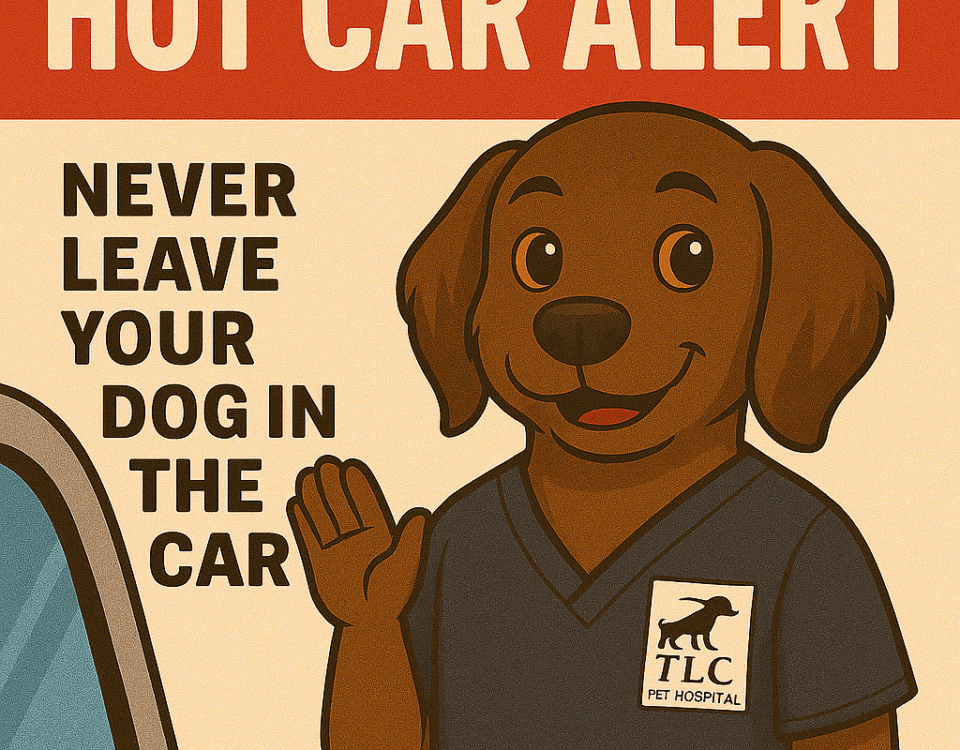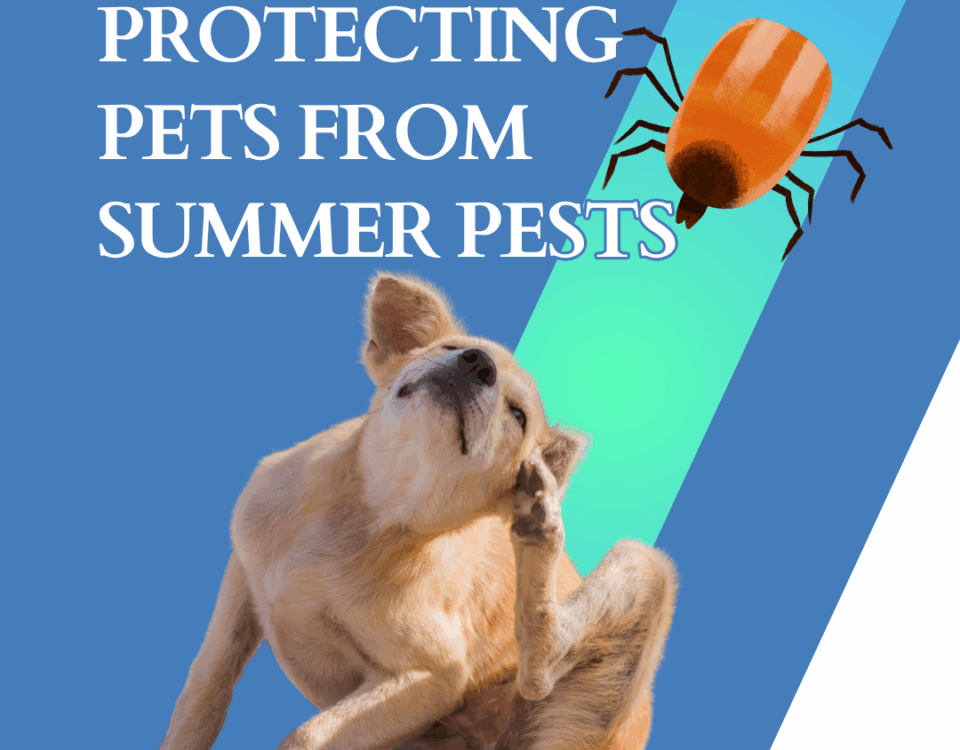We’re Moving!
November 19, 2014Winter Is Here! Protect Your Pets This Season With These Tips
January 13, 2015Just because most disasters strike with little or no warning doesn’t mean we can’t effectively prepare for them. But while a lot of attention has been devoted to disaster planning for people, disaster planning for pets is all too often left out of the conversation, with tragic results. September may be National Preparedness Month, but the truth is we should always be preparing –with both ourselves and our pets in mind—so we can always be ready.
As experts in both disaster preparedness and response, the ASPCA is very aware of this peril. Following Hurricane Sandy, we assisted more than 30,000 pets in New York and New Jersey, distributing nearly 40 tons of pet supplies to impacted pet owners, and sheltering nearly 280 displaced pets. This summer, ASPCA smartphone app, which includes disaster preparedness and pet survival tips, a tool to store and manage your pet’s vital information, as well as practical tips and a customizable kit for recovering lost pets.
We put a lot of effort into keeping pets safe, but the biggest role belongs to their owners. Yet, according to a national ASPCA poll, more than one-third of cat and dog owners don’t have a disaster preparedness plan in place, and only one-quarter say their animals are micro-chipped. In the Northeast, nearly half of dog owners and cat owners say they don’t know what they would do with their pets in an evacuation, while slightly more pet owners in the South – where hurricanes are more common – are aware.
This lack of preparedness can have dire consequences. During Hurricane Katrina, approximately 10,000 animals were evacuated, but less than half were reunited with their families, according to Dr. Dick Green, our senior director of disaster response.
These outcomes aren’t inevitable. Let’s work together to share and take advantage of these valuable suggestions from our veteran rescuers:
- Make sure all pets wear collars and tags with up-to-date identification
- Microchip your pets and register the chip. It may be their ticket home if they become lost
- Build a portable pet emergency kit with items such as medical records, water, pet food, medications and pet first aid supplies
- Affix a pet rescue sticker to your windows (Get a free one here)
- Have current photos of your pets on hand
- Arrange a safe haven for your pets in the event of evacuation, and never leave them behind
- Identify ahead of time where you’ll bring your pets — whether it’s a relative’s house or a pet-friendly hotel — because not all emergency facilities accept animals
- Remember: any home unsafe for people is also unsafe for pets
Here’s a list of items pet owners should include in their pet preparedness kits:
- Pet first-aid kit (ask your vet what to include)
- 3-7 days’ worth of canned or dry food
- Disposable litter trays (aluminum roasting pans work well)
- Litter or paper toweling
- Liquid dish soap and disinfectant
- Disposable garbage bags
- Pet feeding dishes
- Extra collars or harnesses, as well as an extra leash
- Photocopies of medical records
- A waterproof container with a two-week supply of any medicine your pet requires (make sure to regularly replace expired food and medicines in your kit)
- At least a week’s worth of bottled water for you and your pet (store in a cool, dry place and replace every two months)
- A traveling bag, crate or sturdy carrier, ideally one for each pet
- A flashlight
- A blanket (for scooping up a fearful pet)
- Recent photos of your pets (in case you are separated and need to make “Lost” posters)
- Especially for cats: A pillowcase as a crate alternative, and large bags for supplies, toys, and scoopable litter
- Especially for dogs: Extra leash, toys and chew toys, a week’s worth of cage liner
Even if conditions are safe enough to stay home, you may still need to calm pets scared by lightning and loud noises. Prepare a small, safe space in which they can be comfortable, consider closing curtains and shades, play classical music or white noise to muffle the sounds, and most importantly, keep them inside.
Like most humans, animals don’t respond well to chaos. With hurricane season not ending until November, it’s critical for pet owners to be the true “first responders”— knowing just what to do when their beloved companions need them most.
Thanks http://www.aspca.org/blog/term/pet-care !



